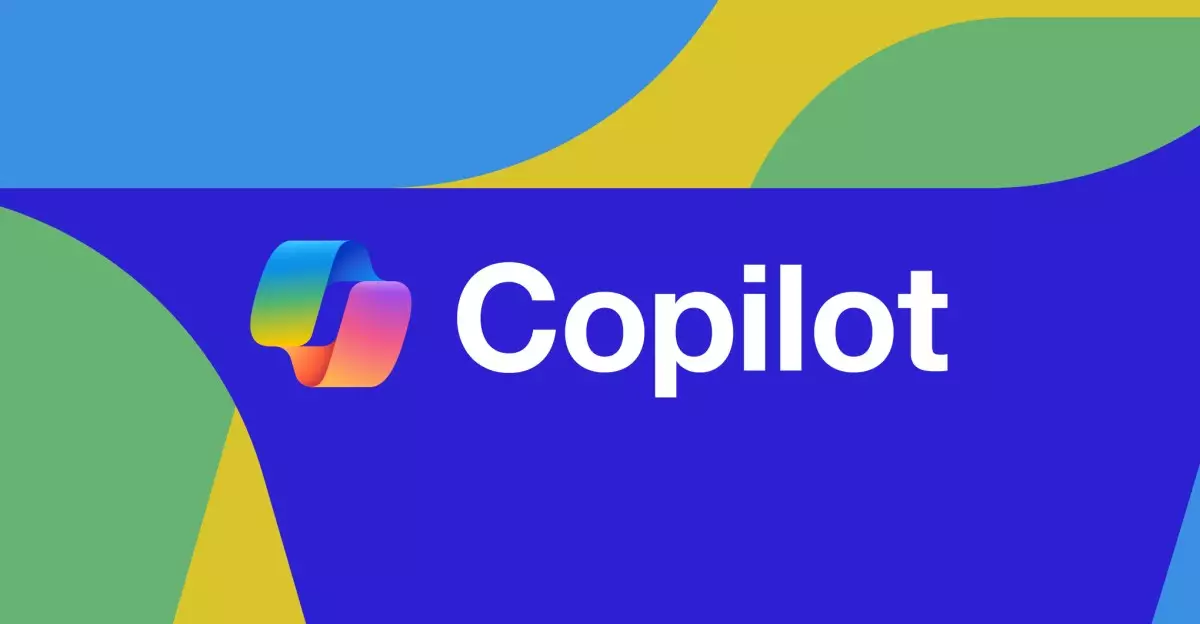In an era where personalization is becoming the hallmark of user engagement, Microsoft is stepping up the game with its latest updates to Copilot. As it celebrates its 50th anniversary, Microsoft is not merely marking time but rather redefining what we can expect from digital assistants. The integration of features such as memory and personalization is not just an incremental upgrade but a significant leap that aligns Copilot with advanced AI platforms like ChatGPT and Claude. With the potential to track user preferences, interests, and even important dates, it’s clear that Microsoft aims to create a more tailored and intimate digital experience.
The introduction of memory functions raises pertinent questions about user control and privacy. Microsoft has promised users the flexibility to choose which details they want Copilot to remember — a necessary feature in today’s data-driven world. The idea of an AI that evolves with you and understands your ticking clock is tantalizing, but it is also a technical challenge that requires robust safeguards. Trust remains central to user adoption, and transparency about data usage will be paramount for Microsoft as Copilot evolves.
Enhancing Productivity Through Web Integration
The new Actions feature of Copilot is a particularly exciting development. By enabling seamless web-based interactions, this feature positions Copilot as not just a passive assistant but an active participant in managing one’s tasks. Imagine a tool that can efficiently book show tickets or make dinner reservations—all with just voice commands. This convenience aligns with contemporary user expectations for instantaneity and accessibility, further bridging the gap between digital and real-life interactions.
The combination of Actions with shopping functionalities also indicates a shift in the role of AI assistants from simple advisory roles to more engaged digital companions. Users can benefit from Copilot’s ability to research products and discover discounts, which enhances the shopping experience without overwhelming users with options and choices. This foresight indicates that Microsoft is not just about creating tools; it’s about building ecosystems that enhance everyday tasks and ensure that users remain in control.
Expanding Copilot Vision: A New Lens for Interaction
Copilot Vision extends the service’s capabilities beyond mere text and voice interaction; it allows users to engage visually with their environment. This feature can analyze what’s visible on a screen or through a smartphone camera, contributing to a richer interaction model. By offering this multi-modal approach, Microsoft is preemptively answering the demand for versatility in user-AI engagement.
The implications of such technology are profound. Consider instances where users might want an explanation of a physical object or help in analyzing visual data. This visual comprehension can engage users on a more human level, effectively merging AI assistance with intuitive, human-like interaction. The challenge, of course, lies in the AI’s capacity to accurately interpret and respond to its visual input, which is still developing. However, the ambition behind Copilot is palpable.
Deep Research and Podcast Creation: Rethinking Knowledge Dissemination
Another noteworthy feature is the Deep Research capability, allowing Copilot to sift through vast amounts of data and assist in complex projects. In a knowledge-driven society, access to succinct, informative insights is a prerequisite. By integrating with Bing, Microsoft ensures that Copilot leverages the web’s wealth of information to compute answers intelligently.
Furthermore, incorporating podcast-style audio generation is an inventive way to present information. Delivering content in a consumable audio format appeals to the realities of modern lives — where multitasking is routine. Such features could redefine how we consume information, providing users with yet another method to integrate learning into their daily routines. It’s not just about storing knowledge; it’s about making it accessible and engaging.
A Future Built on Empowerment
The vision behind Microsoft Copilot reflects a progressive understanding of the role AI can play in enhancing daily life and productivity. By marrying personalization with powerful functions, Microsoft is not merely creating an assistant; it’s giving birth to a new paradigm of interaction. The rapid pace of these advancements underscores an evolutionary shift in both user expectations and technological capabilities. What remains to be seen is how users will adapt to and embrace these innovations, ultimately determining Copilot’s place in the digital assistant landscape.

